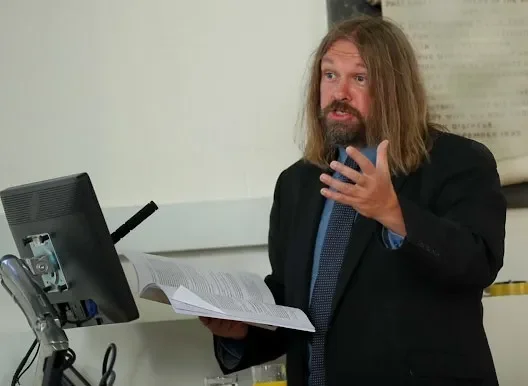

EU Commission Keynote Presentation on Wellbeing, Mental Health and Agency
Dr Paul Downes Director of the Educational Disadvantage Centre and Associate Professor of Psychology of Education in DCU Institute of Education gave the Keynote Presentation A Holistic Differentiated Response for Wellbeing and Mental Health, Resilience and Agency across Europe: Addressing Covid Pandemic Lockdown Impact on Education at a European Commission Meeting, on April 23, 2021. The webinar meeting was attended by researchers from all EU countries across Europe, as well as EU Commission officials from the Directorate General, Education and Culture and DG Employment. The meeting is to inform the Commission’s research and policy responses to themes of wellbeing and resilience gaining further emphasis in light of the Covid 19 pandemic.
Dr. Downes argues that there is a need to move beyond slogans of individual resilience and a common experience of lockdown impact, highlighting international research on the interplay between family conflict in lockdown, poverty, loneliness, anxiety and depression, with a focus also on the issue of sleep loss and stress. A strategic response to mental health and wellbeing in Europe is called for that differentiates levels of complexity of need. This is as part of a renewed emphasis on the need for Education, Health and Social Services Ministries in Member States across Europe to develop integrated cross-department strategic and funding approaches to supporting vulnerable groups in education.
Emphasising concrete supports for trauma and adverse childhood experiences in and around schools, as well as an acceleration of curricular emphasis on social and emotional education across Europe, building on the new EU Key Competence for Lifelong Learning, the Personal, Social and Learning to Learn Key Competence, Dr. Downes identifies a range of priority themes as part of an agenda for a Covid pandemic related holistic differentiated response for wellbeing and mental health, resilience and agency across Europe. These recommended key policy and research themes also include afterschool funds for the Arts, sports, nature and outdoor education for meaningful activities to promote children and young people’s agency and to address loneliness and social needs.
Given that the pandemic has involved reconstructing basic assumptions of space, the opportunity for reconfiguration of physical and relational spaces in schools is emphasised. This also involves co-location of key health services onsite in schools.
